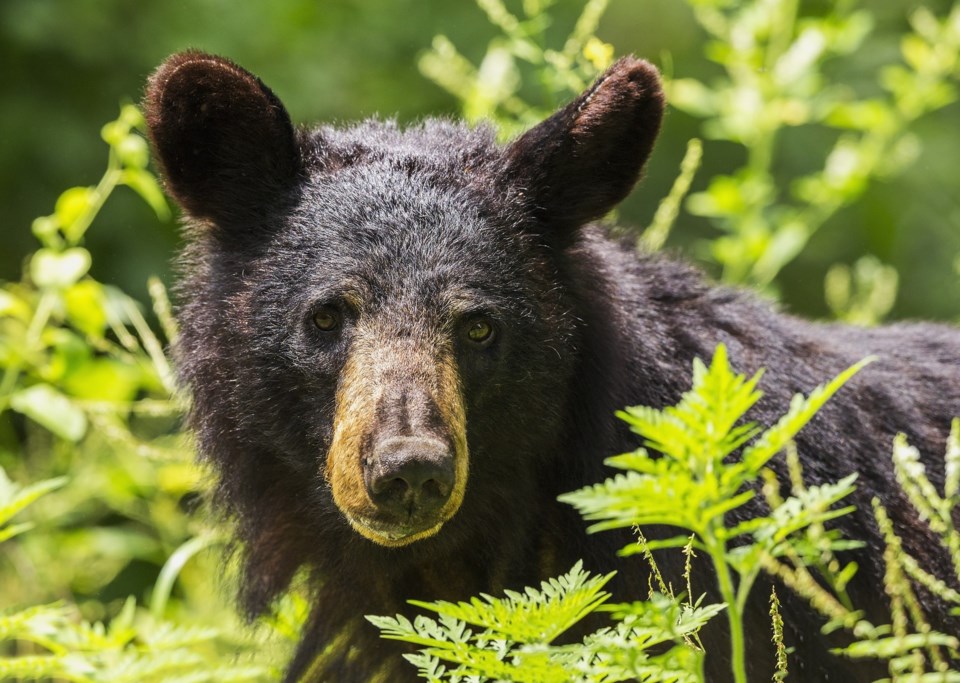THUNDER BAY — Ontario's plan to permanently reinstate the spring bear harvest has fired up the longstanding clash between hunters and animal rights advocates.
On Jan. 17, Natural Resources and Forestry Minister John Yakabuski announced a proposal to move once again to a regular annual spring hunt.
It was cancelled in 1999 but reinstated as a pilot project in 2014 by the Liberal government of Premier Kathleen Wynne.
Yakabuski said Ontario's black bear population has remained healthy since then, and promised that annual reviews of the impact of the spring hunt will ensure it remains so.
Under the proposal now posted for public comment online (until Feb. 18, 2020) on the Environmental Registry of Ontario, it will continue to be illegal to kill black bear cubs, or sows with cubs in the spring.
Violators will be subject to a fine of up to $25,000.
"We're very satisfied the government is taking this measure," said John Kaplanis, executive-director of the Northwestern Ontario Sportsmen's Alliance.
Kaplanis has had the ear of the government on the issue since last April, when he was appointed chair of the province's new Big Game Management Advisory Committee.
It was the committee's recommendation to implement a permanent spring hunt.
Kaplanis wants other stakeholders to take the opportunity over the next four weeks to tell the government they support the idea, including tourism outfitters, northern municipalities, and rural landowners.
But he expects pushback from environmentalists.
"These are the same people that oppose virtually all forms of hunting, fishing and trapping, and other forms of animal usage, so that's not surprising," Kaplanis said.
Criticism of the reinstatement of the spring black bear harvest is already being heard from groups such as the Animal Alliance of Canada.
AAC board member Barry MacKay said his immediate reaction after hearing Friday's announcement was "here we go again."
The Markham-based activist recalled that Wynne introduced the spring hunt pilot for political purposes "because she thought she could garner votes in an area where she wasn't doing well, northern Ontario...and she basically said so."
In an interview with Tbnewswatch, MacKay said the former premier made the decision in the absence of supportive evidence.
"You can't significantly reduce the bear population and maintain your conservation mandate of protecting the species at a sustainable level," he stated.
Despite the provisions intended to protect cubs, MacKay insisted that people involved in bear rescues have seen spikes in the number of orphaned cubs who die from starvation, exposure or predation because their mother has been killed.
He said that happens because a sow will often send cubs out of sight up a tree when hunters are around, and hunters can find it difficult to distinguish between male and female adult bears.
MacKay said he's also concerned there seems to be no provision for increasing the enforcement budget for the Ministry of Natural Resources and Forestry.
Minister Yakabuski, however, cited the $2.4 million annual contribution from the sale of bear licences to fish and wildlife management programs.
He noted that bear hunters also spent over $50 million in hunting-related purchases in 2017 alone, making them an important support for small business in northern Ontario.
MacKay doesn't buy the economic argument, saying "I don't see that as a reason to abuse the environment."
